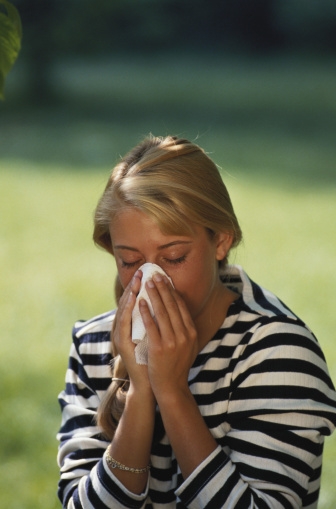
How to prevent flus and colds
A cough, sneezing, a temperature, runny nose, tiredness, blocked nose, loss of voice, headaches… you’ve got a cold.
Winter is approaching and, with it, the first flus and colds, the most common complaints on earth. The same thing happens every year. When temperatures drop and the damp sets in, you catch a major cold.
It’s quite normal and usual to catch a cold once or twice a year, especially if you work in an enclosed space such as an office, or if you share your home with children or the elderly who are more likely to suffer from these ailments.
Flus and colds are caused by a virus, which is why feeling cold is not the reason why you catch a cold. Your body consumes energy to maintain body temperature and this can affect your body’s defence and make you more likely to fall ill. In addition, being in enclosed spaces helps spread a virus.
If you take a series of precautions you will prevent contagion. Basically, you need to strengthen your immune system in order to combat attacks from the virus causing them.
What can you do to prevent them?
- Avoid sudden changes in temperature and staying outdoors in the cold for long periods of time.
- Do sport on a regular basis, as it boosts your body’s defence while improving the respiratory system. Wear warm clothes if you go running or cycling outdoors and wear thermal garments to prevent heat loss. Make sure they are breathable to stop the sweat forming on the inside, and waterproof to prevent the rain from penetrating.
- Remove garments when you feel warm and cover up when it is cold. Use layers, and dress for where you happen to be.
- Wash your hands. Direct contact is the usual way for disease to spread. Wash after you blow your nose or sneeze, or after contact with the ill or with contaminated objects. Use soap and water, for at least 20 seconds.
- Do not touch your eyes, nose and mouth. Always use a paper issue and throw it away after you use it.
- Avoid tobacco and alcohol which help debilitate your immune system and affects the working of your heart and lungs.
- Air your bedroom and office for five minutes every day. This helps refresh the air.
- Improve your diet. Eat fruit and vegetables. The minerals and vitamins will boost your natural defence. It is not scientifically proven that vitamin C prevents colds but it does act on your immune system and strengthens tissues.
- Drink lots of fluid, to keep your respiratory tract nice and clear.
- Sleep eight hours a day. It will help boost your body’s defence and help you recharge your energy levels.
This does not mean you will be able to completely avoid a cold but, if you follow this advice, you will be less likely to.
